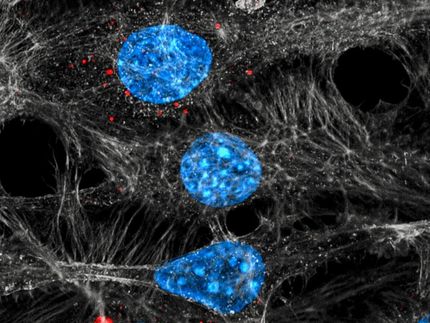Roche: Xeloda in combination with oxaliplatin shown to be effective in early colon cancer
Phase III study meets primary endpoint of increasing the time patients live disease free compared with commonly used chemotherapy combination
Advertisement
Roche announced results from the international phase III study NO16968 (XELOXA), investigating oral Xeloda in combination with intravenous oxaliplatin (XELOX) immediately after surgery, which show that patients with colon cancer taking XELOX live disease free for longer compared to those taking the commonly used intravenous chemotherapy combination 5-fluorouracil/leucovorin (5-FU/LV). The data prove that XELOX is superior to 5-FU/LV in terms of the time patients live without their cancer being detectable.
The trial, conducted in previously untreated patients who have undergone surgery for colon cancer, studied use of XELOX for 24 weeks. Patients in the XELOX group demonstrated significantly better disease-free survival compared to patients receiving 5-FU/LV.
“While Xeloda is already approved for the treatment of early-stage colon cancer as monotherapy, the results of this study mean that physicians will now be able to offer their patients Xeloda as a combination chemotherapy. This is an important development for patients as colon cancer, if caught early enough, can be cured, so physicians need a wide range of treatment options”, said William M. Burns, CEO of Roche’s Pharmaceuticals Division.
Data from the trial will be submitted for presentation at upcoming international scientific meetings. Roche plans to file the data with health authorities to extend the current label for Xeloda.
Xeloda is a highly effective oral chemotherapy drug that can be used alone, or in combination with other drugs, for the treatment of colorectal (including colon), stomach and breast cancer. It is already approved for the treatment of colon cancer after surgery in the US, EU, Japan and rest of the world.


















































